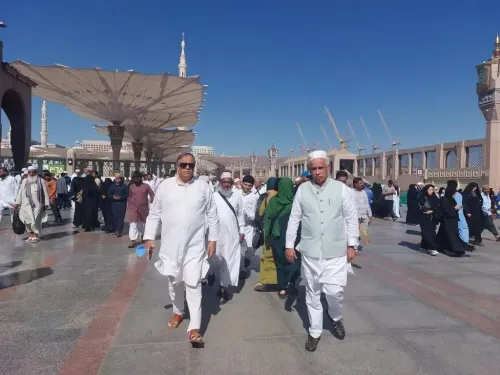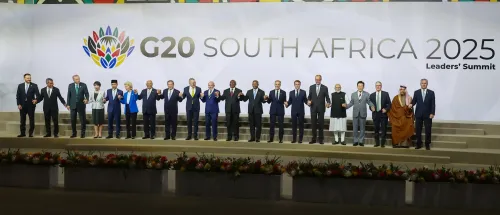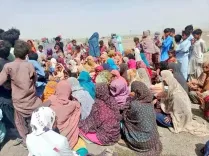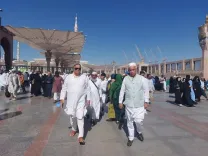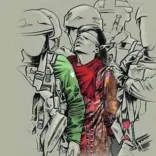Is US Secretary of State's Call Enough to Ease Tensions with India?
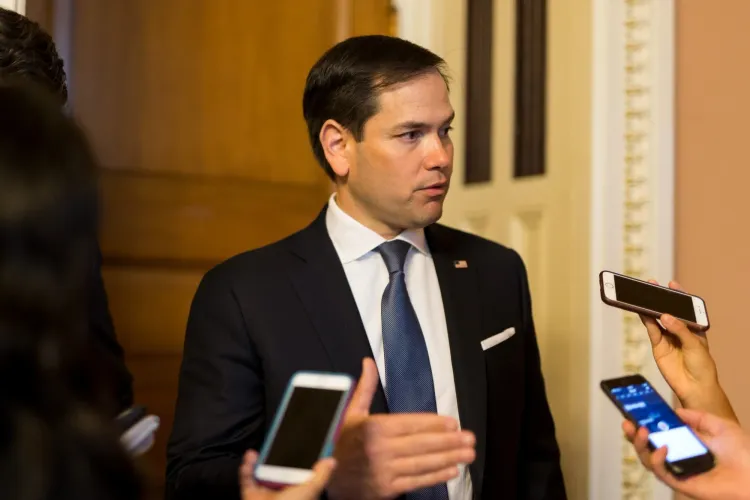
Synopsis
Key Takeaways
- US Secretary of State Marco Rubio's call aims to de-escalate tensions.
- Pakistan condemns India's missile strikes, emphasizing its right to self-defense.
- Both nations are urged to collaborate for regional peace.
- The US is monitoring the situation closely.
- India claims to have neutralized threats from Pakistan.
Islamabad, May 8 (NationPress) United States (US) Secretary of State Marco Rubio reached out to Pakistan's Prime Minister Shehbaz Sharif on Thursday, as the current administration under US President Donald Trump made another effort to ease rising tensions between Islamabad and New Delhi.
During the conversation, Sharif firmly condemned India's missile and drone attacks on Pakistan, which have resulted in at least 31 fatalities and 57 injuries.
"Pakistan reserves the right to defend itself, as outlined in Article 51 of the UN Charter," asserted Sharif.
According to information from the Prime Minister's House, Sharif accused India of infringing upon Pakistan's sovereignty and territorial integrity while posing a significant threat to peace and stability in the South Asian region.
"The Prime Minister reiterated Pakistan's unwavering commitment to safeguard its sovereignty and territorial integrity at all costs," stated the press release from the PM House.
US Secretary of State Marco Rubio shared that Washington is closely monitoring the situation and expressed serious concerns regarding the worsening security environment in South Asia.
"In this regard, he stressed the importance of both Pakistan and India collaborating to de-escalate the situation," as per the PM House statement.
On the same day, India claimed that Pakistan attempted to target several military sites in Northern and Western India, including Awantipura, Srinagar, Jammu, and Chandigarh, utilizing drones and missiles on the night of May 7-8, which were neutralized by the Integrated Counter UAS Grid and Air Defence systems.
Conversely, Pakistan’s Deputy Prime Minister and Foreign Minister Ishaq Dar, during a press conference with DGISPR Lt. General Ahmed Sharif Chaudhry, dismissed India's assertions.
"Today, a political statement was made claiming that Pakistan attempted to strike Indian installations last night. This is false," stated Dar.
In his address to the media, DGISPR revealed that three missiles were launched by India towards Pakistan, asserting that two missiles were intentionally aimed at Punjab, while one was intercepted over Dinga, with debris collected from the Dinga area near Gujranwala.


